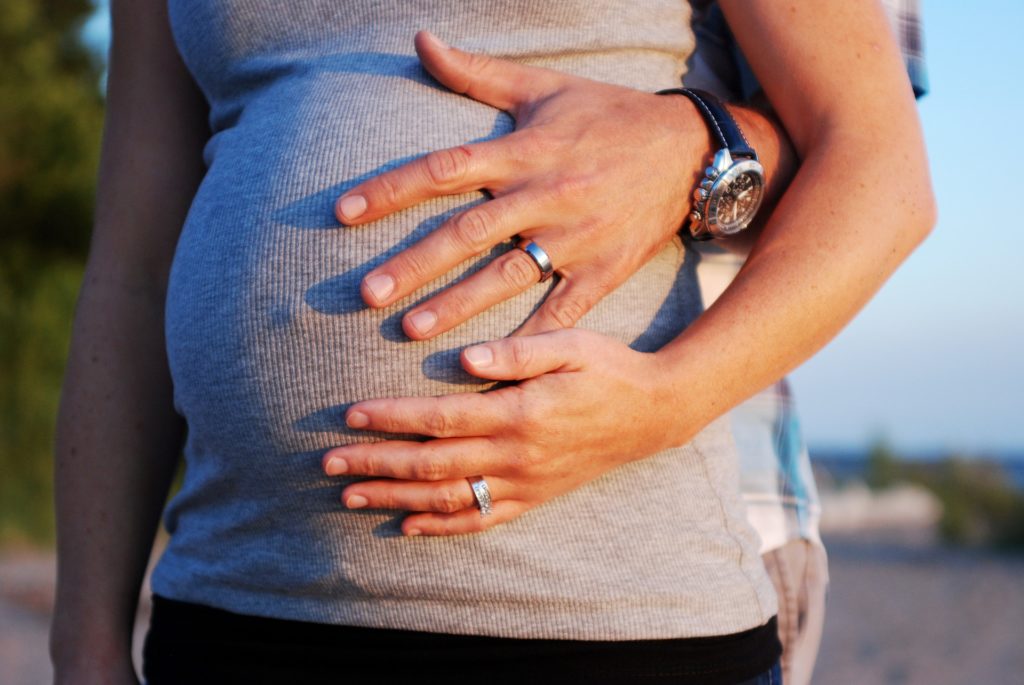Tenfold drop in the number of abortions in Poland thanks to pro-life legislation
In 2021, the number of abortions performed under the law declined tenfold

This is the result of new laws that offer greater protection for human life during the prenatal period. In late October 2020, the Polish Constitutional Court ruled that eugenic abortion was unconstitutional. As a result, according to the Health Ministry, as quoted by Rzeczpospolita daily, last year the number of abortions dropped to 107.
As lawyer, psychologist and CEO of the Proelio Group Foundation Magdalena Korzekwa-Kaliszuk observes, “This means that the law is working and has allowed specific people to be saved.” In previous years, the number of abortions registered by the Ministry of Health was 1076 (in 2018 and 2020) and 1110 in 2019. According to Korzekwa-Kaliszuk, if it had not been not for the change in the law as a result of the Constitutional Court’s ruling, last year about 1,000 children would have lost their lives in their mothers’ wombs in Poland, mainly due to suspected Down syndrome.
Until the publication of the October 22, 2020 ruling, Polish law protected the right to life, including in the prenatal phase, with the exception of 3 circumstances described in the Family Planning Act. According to these provisions, abortion was permissible in the case of pregnancy resulting from rape, a threat to the life or health of the mother and also in a situation of “high probability of severe and irreversible impairment of the foetus or an incurable disease threatening its life.” The publication of the aforementioned ruling eliminated the last of the grounds for a legal abortion.
“A good law has a positive impact on people’s attitudes. On the one hand, it reinforces the conviction that the right to life should not depend on the diagnosis of a medical condition. On the other hand, not being able to kill a child on eugenic grounds means that doctors will no longer have a basis for proposing or even pressuring parents to have an abortion,” indicates the head of the Proelio Group Foundation, which collects testimonies from people who qualified for abortions and their parents.
The expert argues that in the past parents in Poland were often pressured to have an abortion for eugenic reasons. Pro-life circles and Rzeczpospolita also point out that the number of so-called “legal abortions” will further decline in the coming years.
The Constitutional Court’s ruling came into effect before midnight on January 27, and data cited by Rzeczpospolita shows that 75 out of 107 abortions were performed for so-called eugenic reasons, the one eliminated by the new Polish legislation.
According to the newspaper, last year’s data shows that physicians do not apply an extensive interpretation of the pregnancy constituting a mental health hazard to a woman’s life and health. The number of 32 abortions on these grounds is similar to statistics from previous years.
Organizations and politicians advocating a laxer legal protection for the lives of unborn children say that as a result of the Constitutional Court’s ruling, Polish women are more likely to choose abortion abroad. According to Left MP Joanna Scheuring-Wielgus, these numbers “go into the thousands.” However, no evidence is provided to support such allegations.
“Even if some parents decided to kill their children with suspected diseases anyway, either illegally or abroad, the vast majority of them allowed their children to live, and this is an indisputable victory made possible by the relevant legislation” – Magdalena Korzekwa-Kaliszuk replies.
Related

After Eight Days Jesus Arrived: Commentary by Fr. Jorge Miró
Jorge Miró
26 April, 2025
3 min

The Perspectivas del Trabajo Foundation is founded with the aim of promoting virtues for professional development
Exaudi Staff
25 April, 2025
2 min

Reflection by Bishop Enrique Díaz: Alleluia, alleluia
Enrique Díaz
20 April, 2025
5 min

Christ is Risen! Alleluia! Commentary by Fr. Jorge Miró
Jorge Miró
20 April, 2025
3 min
 (EN)
(EN)
 (ES)
(ES)
 (IT)
(IT)

